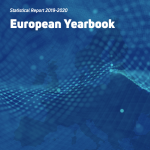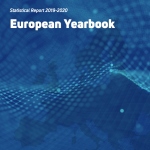Why was my contactless spending on an Amex card charged to Mastercard?
In January I bought a few items from Asda and used my American Express card to make a contactless payment of £23.19. I waited for it to show on my Amex statements, but it never did.
Thinking that I had, perhaps, used another card, I checked the till receipt and found the transaction had been charged to a Mastercard instead. Neither my wife nor I have one, or any other bank card with the number that the receipt showed, which ended in 2296.
I have been sceptical about claims that contactless payments are secure and that phantom deductions are not possible.
I am quite happy to reimburse whoever has lost out, but I do not know how to go about doing so. I doubt Asda would be of much help.
DA, by email
What an intriguing and rather topical email, given that the government has announced the maximum contactless payment is to be raised to £100. My immediate reaction was that you must have picked up someone else’s till receipt by accident, but this was not the case as the one you have shows the items you bought.
Banks have always maintained that ghost transactions are impossible. However, could someone have brushed past you as you were about to pay, and the card reader picked up their details before you presented your Amex?
Shop terminals typically read cards up to 10cm away, making this unlikely. But it has to be the most plausible explanation, unless someone else knows differently? An IT mix-up behind the scenes cannot be ruled out, either.
The upshot is that someone else has paid for your beer and cat food, but frankly the time and effort it would take to resolve it is not worth £23. It would be a data protection nightmare for all concerned.
Let’s hope the Mastercard holder noticed the erroneous payment and had it refunded. It’s yet another reason for everyone to remember to check their bank statements.
UK Finance, which represents the banks, says contactless losses fell 20% to £8.2m in the first half of 2020. That said, I’m not sure I’m in favour of increasing the limit, not least as I can see far more disputes between the banks and people who lose their wallet or have it stolen. It will be interesting to see whether banks allow customers to opt out and retain the existing £45 limit.
We welcome letters but cannot answer individually. Email us at consumer.champions@theguardian.com. Please include a daytime phone number. Submission and publication of all letters is subject to our terms and conditions




